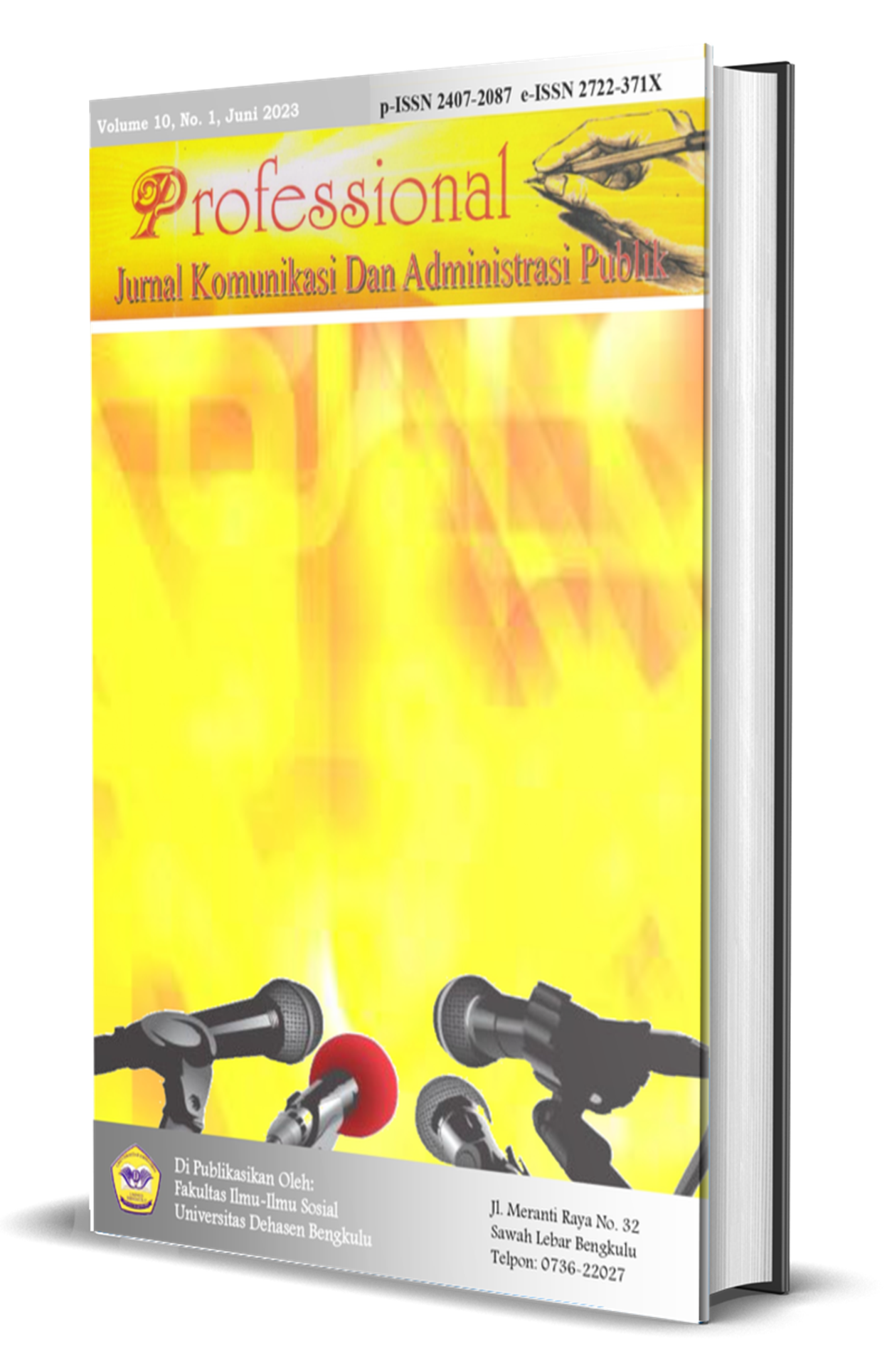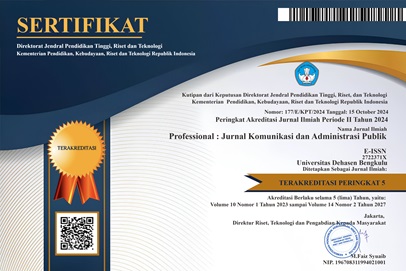Peran Pemerintah Kota Surabaya Dalam Tahapan Penyelenggaraan Nama Rupabumi
Abstract
Standardizing topographic names is an important step in supporting sustainable development. This research examines in depth the role of the Surabaya City Government in carrying out the recording of topographic names at the regional level. Standardizing topographic names in Indonesia is a strategic effort to improve spatial data management, preserve cultural heritage, protect regional sovereignty and security, as well as create orderly government administration. Using a qualitative descriptive method with a case study approach, this research analyzes the role of the Surabaya City government, especially the Regional Administration Working Team in implementing the policy on standardizing Topographic Names in the City of Surabaya by highlighting various obstacles and opportunities that stand in the way during the implementation process, namely collecting, reviewing, and standardization of topographic names. The findings of this research highlight the importance of government readiness, coordination between institutions, availability of adequate resources, and participation in ensuring the implementation of this program. In addition, this research also identifies the need for more effective coordination between central and regional governments, as well as active contribution from the community in efforts to achieve comprehensive and sustainable standardization of topographic names.
Downloads
Copyright (c) 2025 Wahyu Ida Nurmasriyanti, Susi Hardjati

This work is licensed under a Creative Commons Attribution-ShareAlike 4.0 International License.





